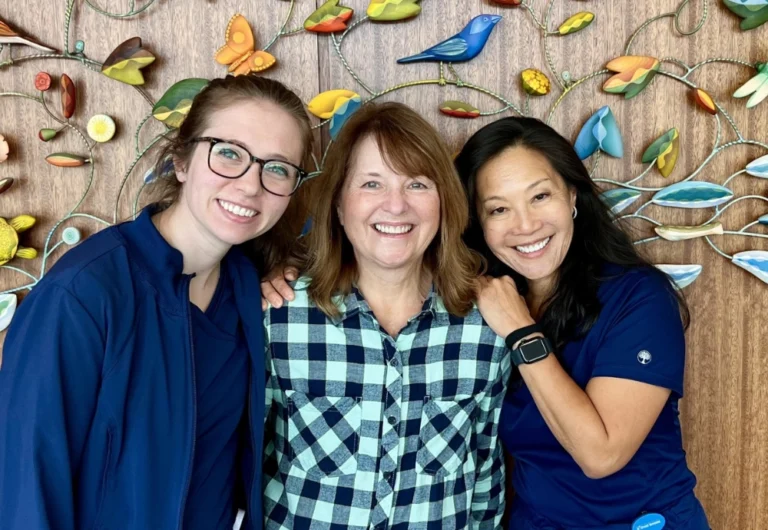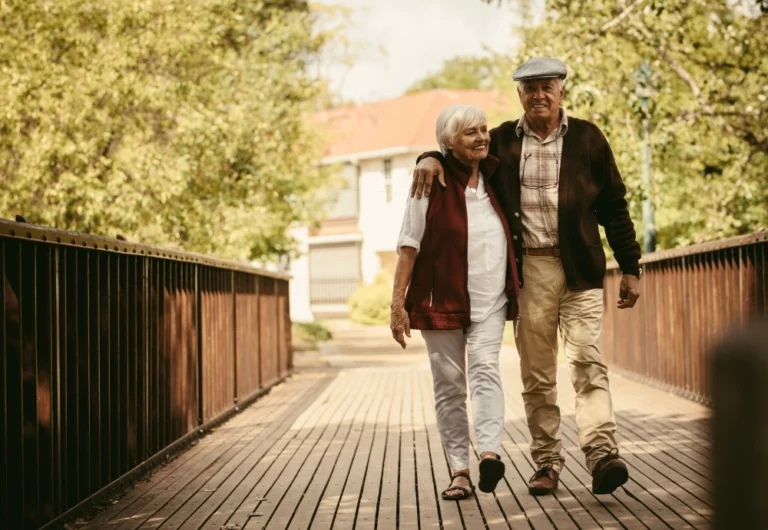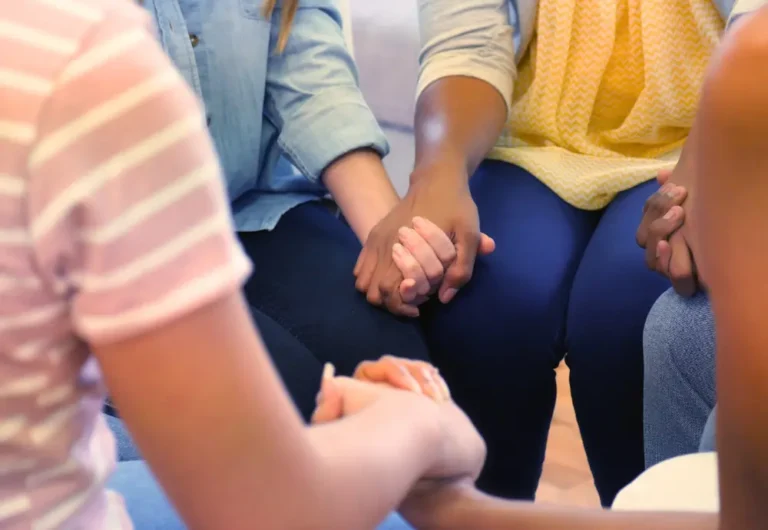Why do we have an urge to avoid people who’ve lost a loved one?
Well, mainly because we don’t know how to make them (or us) feel better so we wind up saying stupid, empty things – like “Let me know if I can do anything.”
We blurt that out desperately, knowing we’re just talking to talk, as do the people we’re saying it to – why else do they never taken us up on the offer?
Please don’t feel bad if you’ve done it, because we all have. I certainly have.
We don’t say these things because we’re bad, insensitive, or dumb. We say them because at some level we understand that simple human contact and empathy is the most important thing we can give, but giving it requires us to sit peacefully in the presence of pain, and resisting that overpowering urge to fix it. Healthcare professionals especially struggle with the “don’t try to fix the unfixable” urge, and that’s why so many of us are bad at talking about end-of-life or dealing with grief. But it’s those behaviors that put distance between us and the ones we’re trying to comfort, just when closeness is exactly what’s needed most.
There are few things I try to keep in mind in these situations, and maybe they’ll help you too:
- Ask sincere questions, and make space for the answers. “How are you doing?” is fine, but “What are you feeling?” and “What are your days like right now?” are good too. If your loved one wants to talk, listen. But sometimes your loved one won’t have much to say, and it’s important not to take this personally either. Sometimes the most comforting thing you can do is sit quietly with your grieving friend and share the silence.
- Let there be room for tears. Tears can be cleansing, but we’re taught to be ashamed of and embarrassed by crying. Not only is it unnatural to suppress tears, it also dishonors the importance of pain and loss generally. Be that person who can make a safe place for tears, rather than hurriedly reaching for the tissues to hide them.
- Help with the daily chores without being asked. One of my favorite quotes is “human to human we help each other through good and bad.” For some people, these simple “acts of devotion” mean much more than words, touch, or gifts. So bring over a meal, cut the grass, or fold laundry. If there are children involved, offer to watch them or transport them to or from school. Grief and loss drain energy for chores, and pitching in can free up the time for the grieving person to rest. We are in this world together, why not help each other carry the load when it’s too heavy.
- Don’t forget. Contrary to popular belief, grief isn’t finished after a certain period of time or “moving through the stages”. Grief comes and goes likes the tides, even years after the loss – especially around anniversaries, birthdays, or major holidays. Remember to still offer support even long after the acute loss.
- Embrace the pain like you’re embracing your loved one. Getting out of this unaffected isn’t possible for anyone with a heart, and you’ve got one. Be prepared to feel sad, scared, confused, helpless – and maybe lots of other things too.
- Remember this isn’t about you. Don’t be that person who’s so overwhelmed that the bereaved person winds up having to comfort you. You’re suffering along with your loved one, but remember whatever you’re feeling is only a fraction of what they’re feeling.







